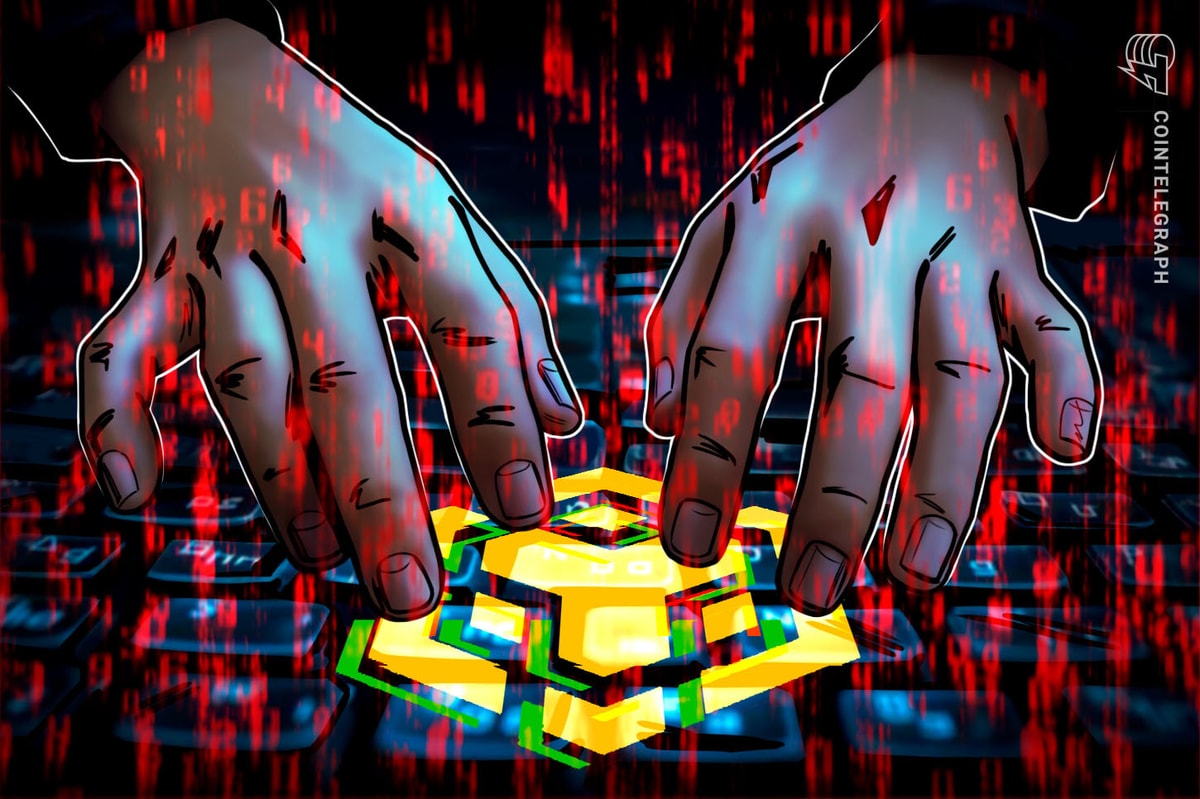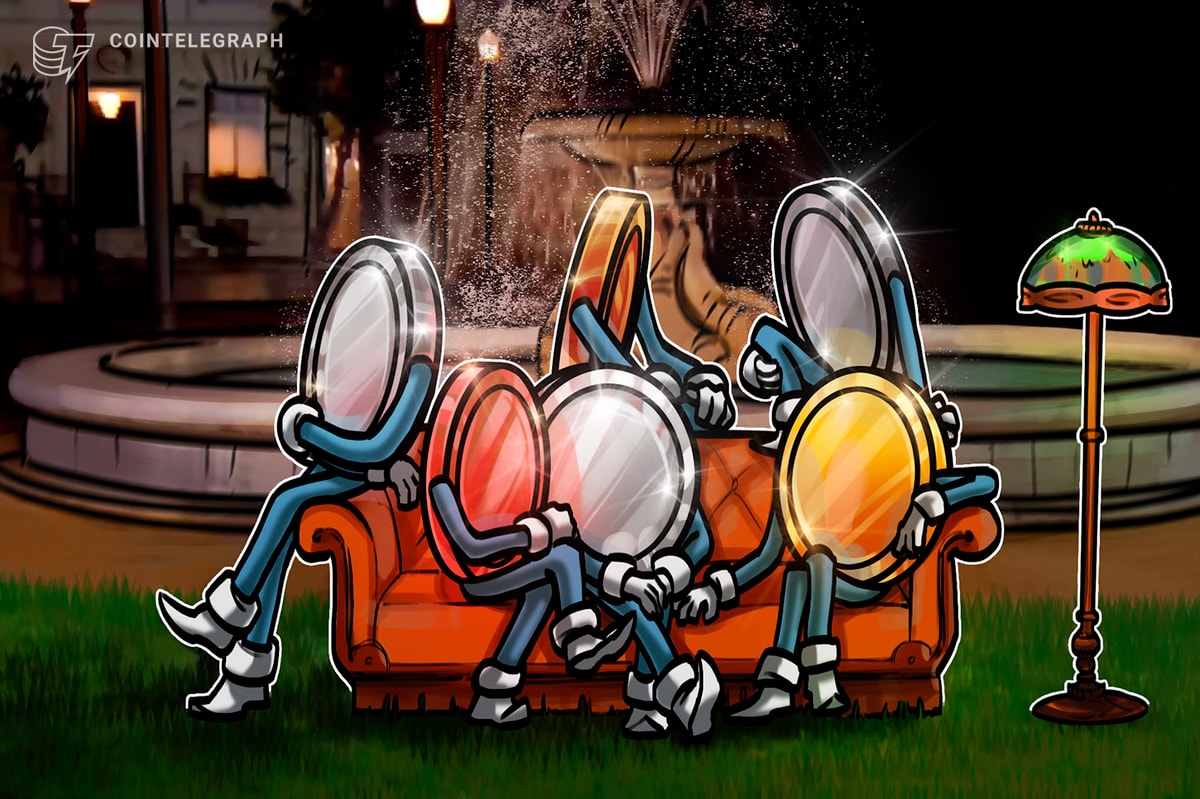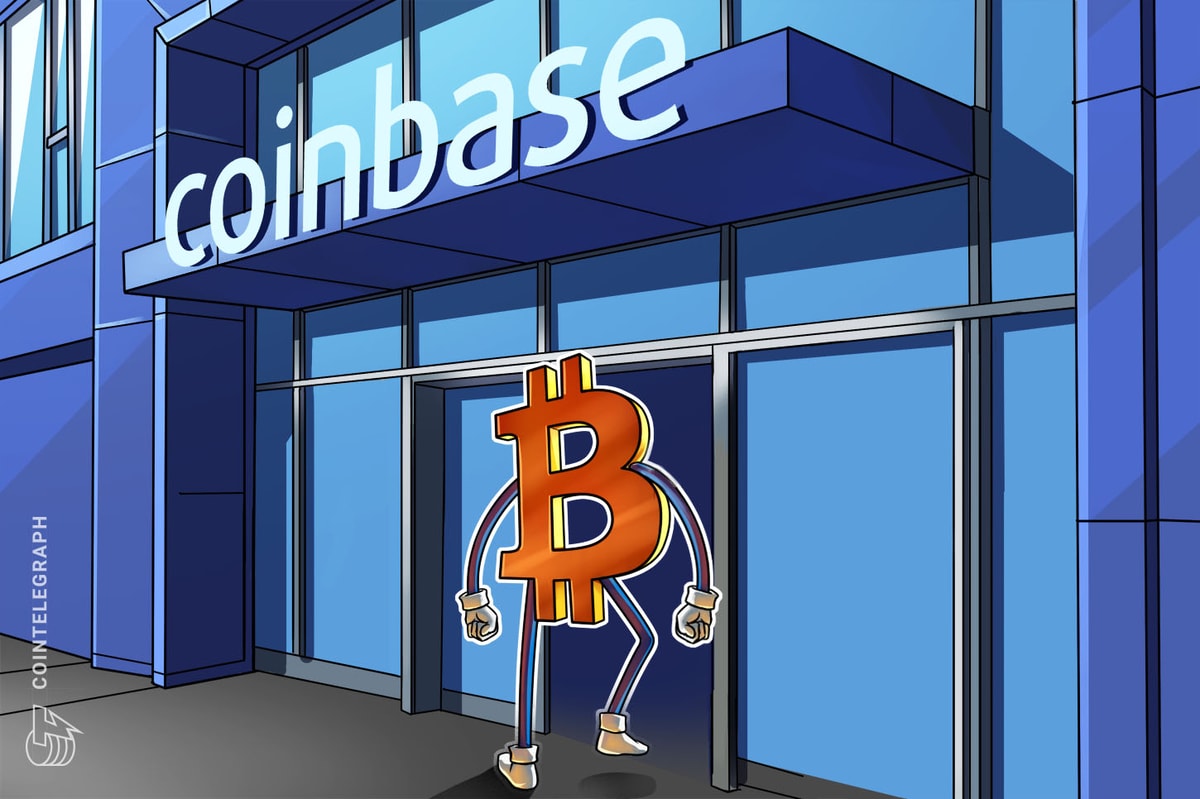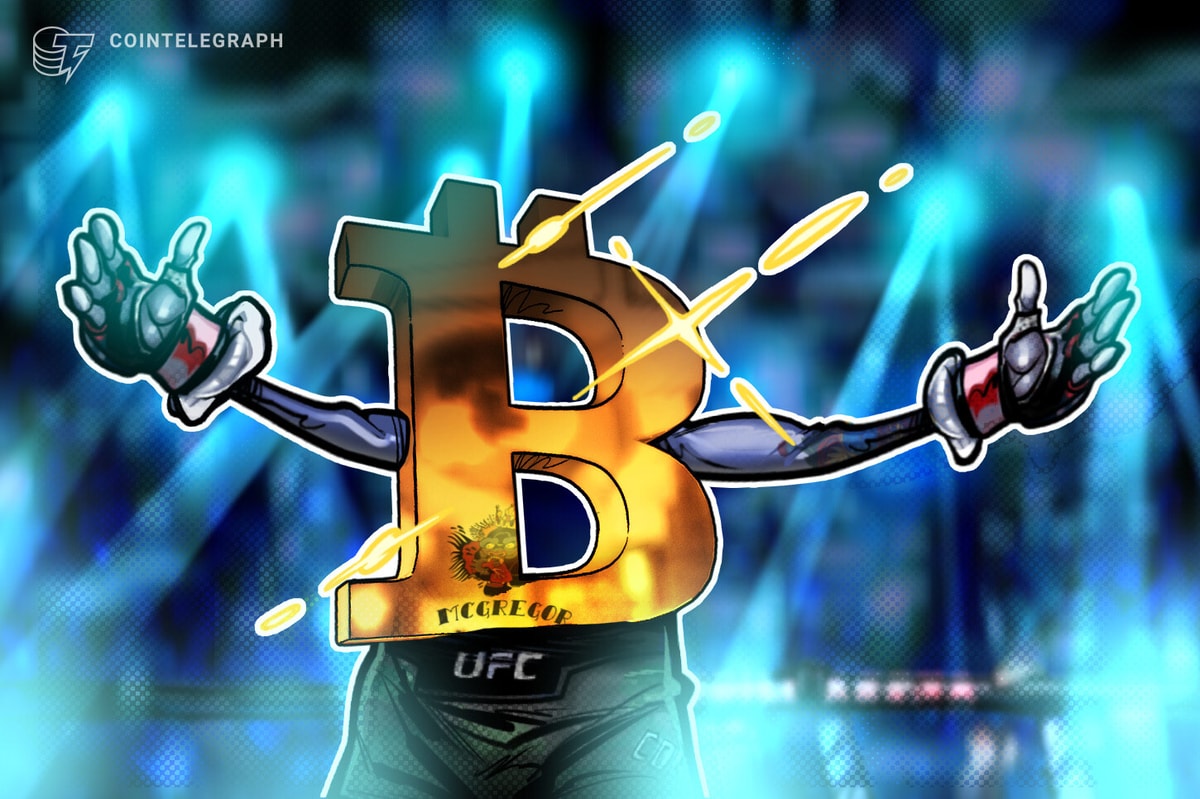The Simpsons roasts NFTs in new Halloween special
Animated television series The Simpsons spent an entire segment mocking nonfungible tokens (NFTs) during the latest 34th annual Treehouse of Horror Halloween special, in a segment called “Wild Barts Can’t Be Token.”
In the special, Homer accidentally mints Bart on the blockchain, and in the ensuing scenes, the creators poke fun at NFTs, all while referencing collections such as the Bored Ape Yacht Club, Doodles, as well as the viral digital artist Beeple.
Get ready for a non-fungible night in tomorrow's #TreehouseOfHorror XXXIV on @FOXTV, next day on @hulu. pic.twitter.com/Y4cSiyp4kD
— The Simpsons (@TheSimpsons) November 4, 2023
The special revolved around poking fun at the speculative nature of NFTs and how the market is largely fueled by the fear of missing out (FOMO).
Once Marge discovers that Bart has become trapped on-chain, she too digitizes herself as NFT. She battles her way through carriages on a virtual train — which is literally powered by FOMO — to rescue Bart, fighting NFT-themed characters all the while.
The final joke lands when Homer finally gives into FOMO and mints himself as NFT. The second he does so, the train runs out of steam and the price of all the NFTs plunge to near-zero, ending the episode with his iconic catchphrase “Doh!”
Despite being the essentially the punchline of an episode-long joke, the NFT community on Crypto Twitter reacted with delight, with Beeple saying that his work appearing on the show was a “bucket list moment” for him as an artist.
Notably, the Simpsons creators even parodied their own NFT collection — Golden Moments — which was first offered in conjunction with Disney+ by the NFT platform VeVe in Nov. 2021.
“We saw that,” wrote the official account for Veve.
We saw that @TheSimpsons pic.twitter.com/nBAQEjJmyp
— VeVe | Digital Collectibles (@veve_official) November 6, 2023
Degens cash in on Simpsons NFT episode
NFT enthusiasts certainly didn’t let the Simpsons roast go to waste, with creators rushing to capitalize on the newfound publicity for NFTs.
Just hours after the episode first aired, Italian parody artist Rino Russo launched a Simpsons-derived NFT project, which combined the likeness of Simpsons characters with CryptoPunks.
The collection, dubbed Springfield Punks, was launched as a free mint and quickly sold out as NFT fans raced to jump in on the action.
— Rino Russo (@RinaldoRu) November 6, 2023
Bart's an NFT in Treehouse of Horror XXXIV
Celebrate with free Springfield Punks mint live now!!
♂️♂️♂️
Mint Site: https://t.co/E8DD0JhAY6
Contract: https://t.co/o5J43ndaKb #Simpsons #NFTs #Halloween #FreeMint pic.twitter.com/v1D9ccSj4X
At the time of publication, the Simpsons Punks collection has witnessed a whopping 1,377 Ether (ETH) — worth $2.6 million at current prices — in trading volume, making it the third most traded collection on OpenSea in the last 24 hours.
Yuga Labs social lead steps down after anti-semitic tweets resurface
Shpend Sahilu, the social lead for NFT company Yuga Labs announced that he would be stepping down after anti-semitic tweets he posted years ago resurfaced on social media.
Sahilu, better known by the pseudonym NGBxShpend on X, explained that he would be leaving his role at the company, due to his past anti-semitic tweets becoming “a distraction” from the Bored Ape Yacht Club.
“I want to apologize to anyone who I may have let down with tweets I made in poor taste,” he wrote in a Nov. 5 post on X.
Hey everyone, tough day today. I am stepping down from my position at Yuga Labs. Some tweets have resurfaced from my past and it’s become a distraction from the Club and what we’re all about. These tweets do not reflect who I am or what I believe in. It has been an amazing…
— ngbshpend.eth (@NGBxShpend) November 5, 2023
One user attached a screenshot of one of the offending tweets from 2016 in the comments section of the original post, showing him making a joke about Hitler.
Yuga Labs, the company behind the Bored Ape Yacht Club and Crypto Punks, have been accused of perpetuating anti-semitic stereotypes in their artwork by controversial artists Ryder Ripps and Jeremy Cahen. These accusations, which took the form of a knock-off NFT collection led to a more than year-long legal battle.
However, Yuga Labs recently notched a legal victory against the provocative duo, with the court ordering Ripps and Cahen to pay $1.6 million in damages to Yuga Labs for copyright infringement.
NFT sales show signs of strength after year-long downturn
After a prolonged and continuous decline in NFT sales, the market seems to be finally showing signs of a recovery, with monthly trading volumes growing for the first time in a year, according to a report from crypto data firm DappRadar.
“The year-long downward trend in NFT trading has been broken. Trading volume is up by 32% from $306 to $405 million, returning almost to levels seen in August,” wrote the report.
DappRadar found that NFT trading volume grew by $99 million in October compared to sales in September, bringing overall trading activity back to levels slightly below that of August.

Despite the seemingly significant increase month-over-month, it's worth noting that October’s $340 million sum pales in comparison to the $1.98 billion of volume witnessed seven months prior in March.
When it came to trading volume, Ethereum-based NFTs still dominated the market, growing more than 50% in October. Meanwhile other networks such as Polygon, Starkware, and Flow saw their sales volume drop 48%, 42% and 32% respectively.
The report made special note of NFT activity on the Solana (SOL) ecosystem, which — after being plagued by the FTX downfall — showed signs of strength, notching a 15% uptick in overall trading volume.
Other Nifty News:
Attendees of the Yuga Labs’ ApeFest event on Nov. 4 in Hong Kong have reported burns, damaged vision and “extreme pain” in their eyes, which they attribute to the use of improper lighting.
NFT marketplace OpenSea announced on Nov. 3 that it would be laying off 50% of its total staff. Co-founder and CEO Devin Finzer broke the news on X saying the company was launching OpenSea 2.0 with a smaller team.
Magazine: Slumdog billionaire — Incredible rags-to-riches tale of Polygon’s Sandeep Nailwal











